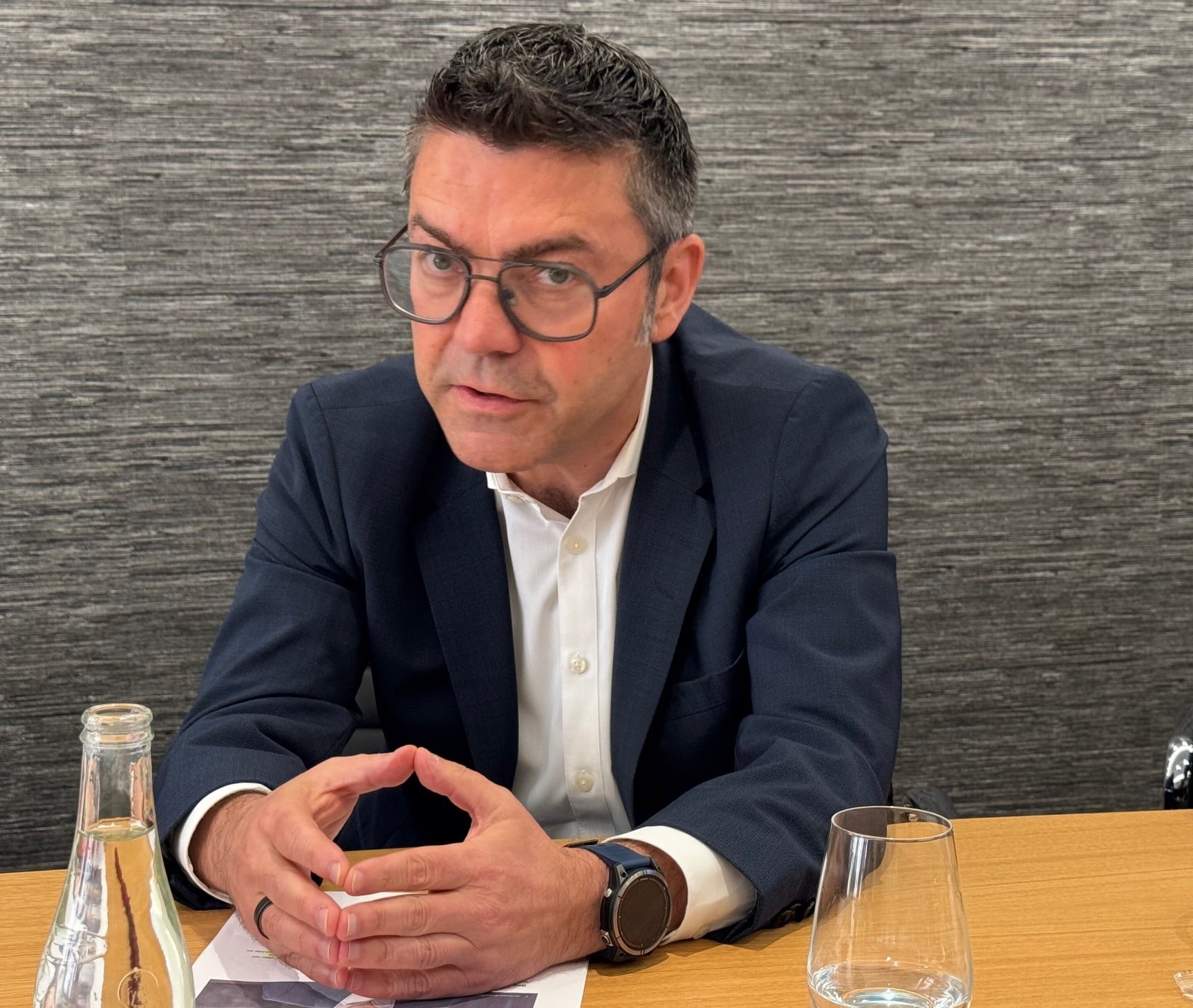Helsana presented its new “Ensuring lifelong health” strategy at its annual media conference at the beginning of March 2025. In order to adapt to social changes and needs, it is also focusing on the topic of mental health.
Thebrokernews talks to Roman Sonderegger, CEO of Helsana, about the reasons for this at the Future Health Basel Conference 2025.
Why did Helsana decide to devote itself to the topic of mental health?
Mental health is one of the key issues of the future in the healthcare sector. This is shown by scientific studies and our own figures, for example in the case of daily sickness benefits, where the proportion of mental illnesses in total costs has risen from 20 to almost 30 percent within five years. As a leading health insurer, our aim is to be able to support our customers with such issues of the future.
One of the topics discussed at FutureHealth Basel was how companies can promote mental health. What is Helsana doing in this area?
Mental health has actually been a key issue for us for several years now. We sensitize employees to the topic itself and to prevention. We have offers for colleagues who are looking for specific support. And – and I think this is particularly important – we provide targeted training for managers so that they are aware of the issues and can react to signals from employees.
The physical and mental state of “burnout” is characterized by emotional exhaustion, alienation from oneself and others and a significant drop in performance. How does Helsana ensure that this does not happen in the first place?
Unfortunately, we cannot guarantee this. We are no different to other employers in this respect. But I share the idea that we should at least try everything we can to avoid acute cases of exhaustion and burnout, with information, prevention and low-threshold, early support. Because once burnout has set in, the road back is often long and difficult. First and foremost for the person affected, but often also with consequences for the family and for colleagues at work.
Mental illnesses cause high direct and indirect costs (e.g. days lost, early retirement, disability insurance). As a health insurer, how do you assess the cost-effectiveness of investments in prevention and early intervention?
I couldn’t provide any figures here, but I’m convinced that in the long term it’s not just the HR manager of a company who advocates investing in prevention, but also the CFO, because the costs of absences really do increase dramatically.
thebrokernews conducted an interview with a young woman suffering from depression who initially wanted to “come out” to her employees, but ultimately decided against it. Why do you think this topic is still so fraught?
How an affected person talks about their illness will always remain a personal decision. However, as a society and as a company, we should create an environment in which people can talk openly about mental illness. In my opinion, a lot has changed in recent years to make this possible. And that’s how it should be!
Burnout often sounds like “managers who have worked a little too hard and need some rest”. However, employees from all areas can also suffer burnout due to bullying, excessive demands, etc. What is Helsana doing to ensure that this works on all levels?
I agree with the assessment that burnout can affect anyone. And because it affects us all, the prevention and other measures should also address us all. We don’t have a one-tier mindset or a one-tier service…
When you look back in 10 years – what would have to happen for you to say: We as a health insurance company have made real progress in mental health!
We are hopefully already in this phase of progress. We took a first step a few years ago with our awareness-raising campaign. We want to inform people about the issue. We want to talk about it. We want to show how everyone can take small, low-threshold steps in their everyday lives to help their own mental health. We now want to continue on this path in a focused way with our new strategy. There are many offers in Switzerland today. However, these are fragmented. We want to be able to support our corporate and individual customers throughout the entire process, from information and prevention to outpatient or inpatient measures or rehabilitation. We want to offer know-how, low-threshold digital support such as apps and our network of proven specialists or specialist clinics from a single source. If we succeed in this, then I will be satisfied. And to be honest, I hope we can do it faster than in ten years.
Read also: Helsana: Mental illness in Switzerland between progress and stigma





